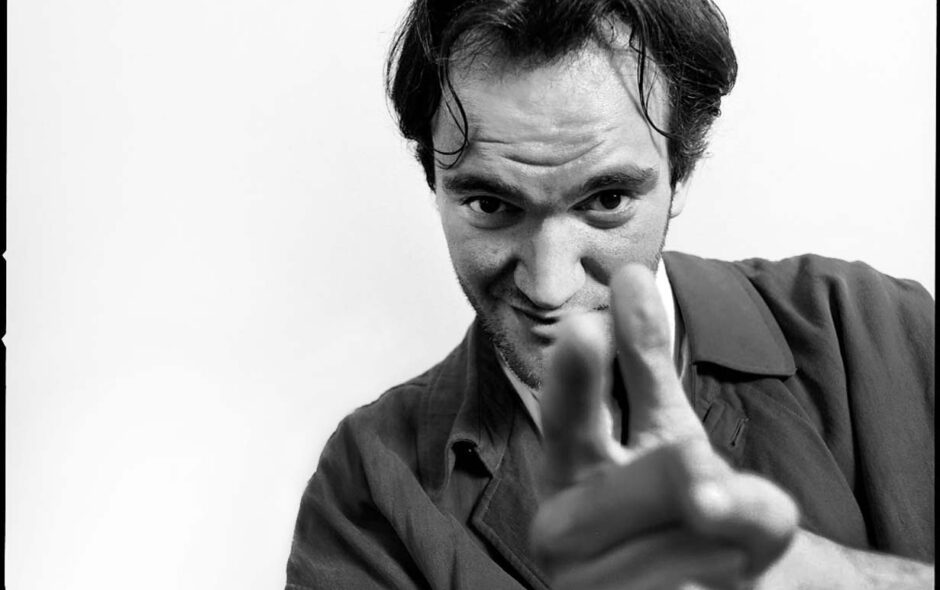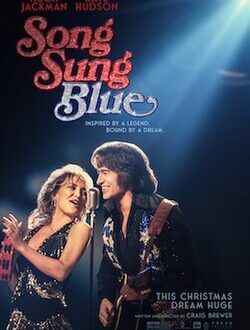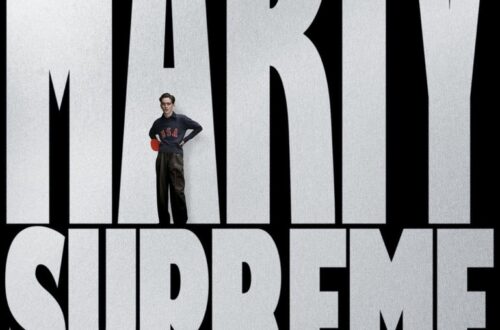Quentin Tarantino has never been shy about setting the terms of his own career. For more than two decades he has declared that he would direct exactly ten films before retiring, a bold self-imposed rule designed to preserve the sharpness of his body of work. Now, after months of speculation, he has confirmed that the film he long described as his tenth and final project, The Movie Critic, will not be made—at least not for now.
Speaking on his Church of Tarantino podcast, the filmmaker admitted that while he completed the script and began early preparations, he ultimately decided to walk away. The reason, he said, was not fear but disinterest. “It was too much like the last one,” he explained, drawing a direct comparison to Once Upon a Time in Hollywood, his 2019 ode to late-1960s Los Angeles. “I wasn’t really excited about dramatizing what I wrote once we were in pre-production. There was nothing to figure out.” The film, which would have focused on a movie reviewer for an adult magazine in the 1970s, had been developed first as a television concept before Tarantino reshaped it into a feature script. “I can do it whenever I want,” he said, “but for now, I’m just not into it.”
The announcement reverberated quickly because it unsettled one of Tarantino’s guiding principles: his promise to retire after ten films. For years, he argued that directors often overstay their welcome, their final efforts paling beside their masterpieces. By stepping away at what he considered his peak, Tarantino sought to avoid the artistic decline he had observed in some of his heroes. Now, with The Movie Critic shelved, the count stands at nine features, leaving open the question of whether his film career is complete or merely on pause.
Instead, Tarantino has shifted his focus to other creative pursuits. He has written a stage play slated for London’s West End, with rehearsals expected to begin in the coming year. He has also penned a novelization of Once Upon a Time in Hollywood, expanding the lives of its characters in prose. And one of his original screenplays, The Adventures of Cliff Booth, is moving forward under director David Fincher, with Brad Pitt reprising his role as the laconic stuntman from Once Upon a Time.
The decision to pivot underscores a truth about Tarantino’s career: he has always been a filmmaker guided less by expectation than by instinct. From the moment he burst onto the independent scene with Reservoir Dogs in 1992, he demonstrated a ferocious commitment to storytelling on his own terms. Born in Knoxville, Tennessee, in 1963 and raised primarily in Los Angeles, Tarantino worked as a video store clerk before his encyclopedic knowledge of cinema, combined with an ear for sharp dialogue, propelled him into filmmaking.
His second feature, Pulp Fiction (1994), changed the landscape of American cinema. With its nonlinear structure, ironic humor, and blend of violence and pop-culture savvy, the film won the Palme d’Or at Cannes and an Academy Award for Best Original Screenplay, cementing Tarantino as a generational talent. He followed it with a series of films that became cultural touchstones: Jackie Brown (1997), his affectionate adaptation of Elmore Leonard; the martial-arts revenge saga Kill Bill (2003–04); the grindhouse homage Death Proof (2007); the war fantasy Inglourious Basterds (2009); the slavery-era revenge tale Django Unchained (2012), which won him his second Oscar for screenwriting; The Hateful Eight (2015); and Once Upon a Time in Hollywood (2019), a wistful look at a fading era of stardom that won acting Oscars for Brad Pitt and earned ten nominations overall.
Throughout his career, Tarantino has been both celebrated and criticized for his trademarks: stylized violence, long digressions of dialogue, playful genre reinvention, and a relentless embrace of film history. His detractors accuse him of indulgence, while his admirers hail him as one of the last true auteurs, unafraid to make cinema that feels simultaneously personal and populist. Few directors can claim as much influence over subsequent generations of filmmakers, particularly in the independent sector.
The director has also cultivated an image as a pop-culture provocateur, unafraid to say exactly what he thinks about Hollywood, critics, or the state of cinema. That candor surfaced again in his explanation for abandoning The Movie Critic. He stressed that the choice was not rooted in self-doubt. “I’m not paralyzed with fear,” he said. “I’m not worried about ruining my legacy. I just didn’t feel like doing it.”
What comes next remains uncertain. Tarantino has not ruled out making another feature film, though he appears more energized by the stage play he has already completed. He has said that if it proves successful, he might one day adapt it into a movie, potentially allowing him to fulfill his ten-film vow in a new way. In the meantime, he is immersing himself in the world of theater and literature, disciplines that allow him to experiment outside the boundaries of the big screen.
For audiences, the news is bittersweet. The Movie Critic had been imagined as Tarantino’s final cinematic word, a summation of his obsessions with Hollywood, critics, and the messy business of movies themselves. By walking away, he has deprived fans of what could have been a fascinating coda. Yet his refusal to proceed with a project that failed to ignite his passion may also demonstrate the discipline that has made his career so remarkable. He has often said he wants his filmography to remain sharp and essential, without a weak entry.
Whether he eventually returns to direct a final film or closes the curtain with nine, Tarantino’s place in film history is secure. He is the rare director whose work is instantly recognizable, endlessly debated, and consistently influential. With Pulp Fiction he rewrote the rules of modern storytelling; with Django Unchained and Inglourious Basterds he reimagined history itself; with Once Upon a Time in Hollywood he gave the industry a love letter laced with melancholy.
Now, as he turns away from The Movie Critic, Tarantino enters a new phase of his career—one not defined by numbers or promises but by the same restless curiosity that first drove him to write screenplays behind the counter of a video store. If he is to retire, it will be on his own terms. And if he decides to come back, the world will be watching, waiting for what Quentin Tarantino still has left to say.




